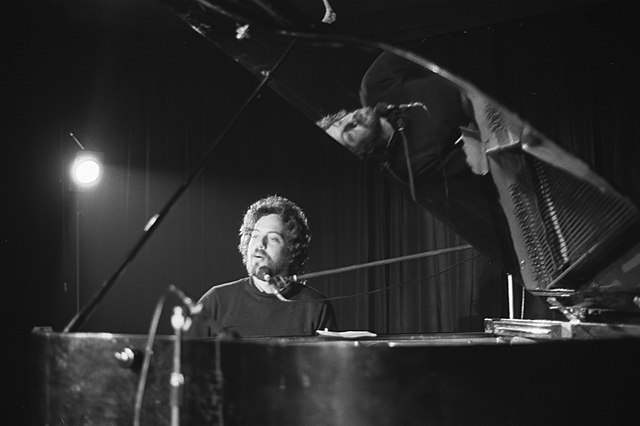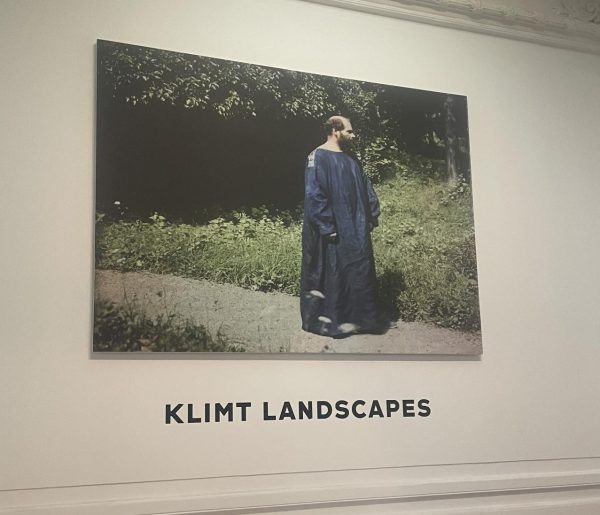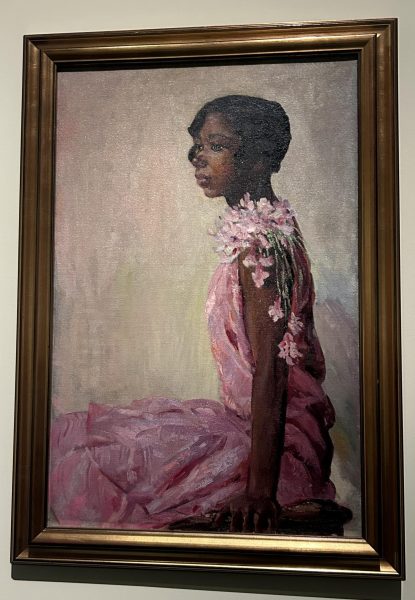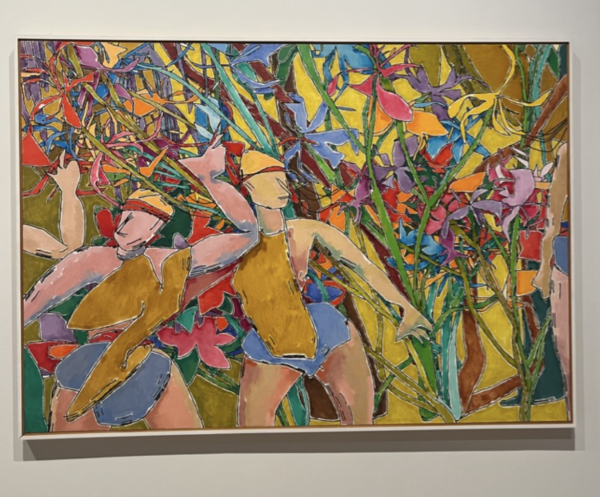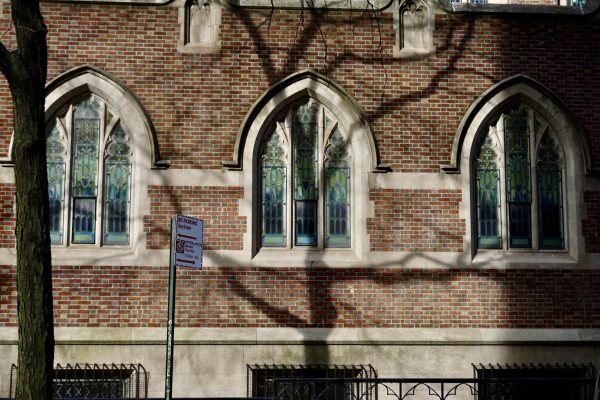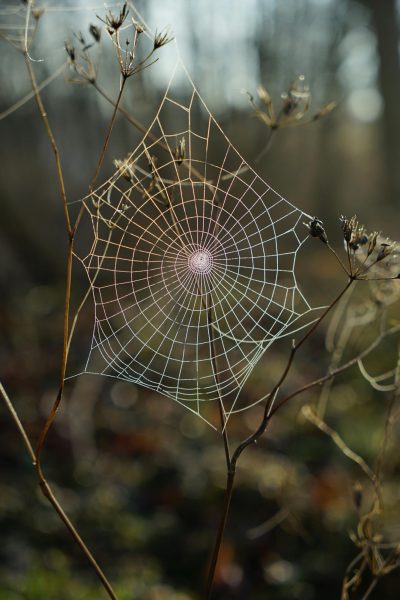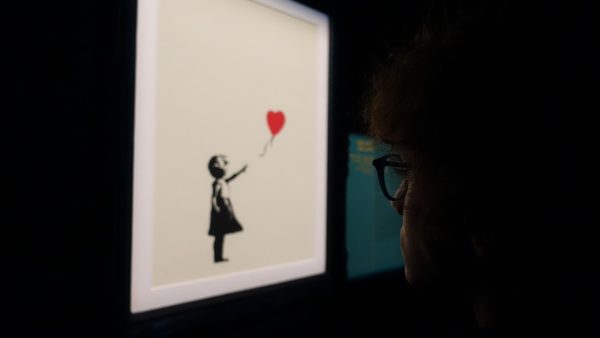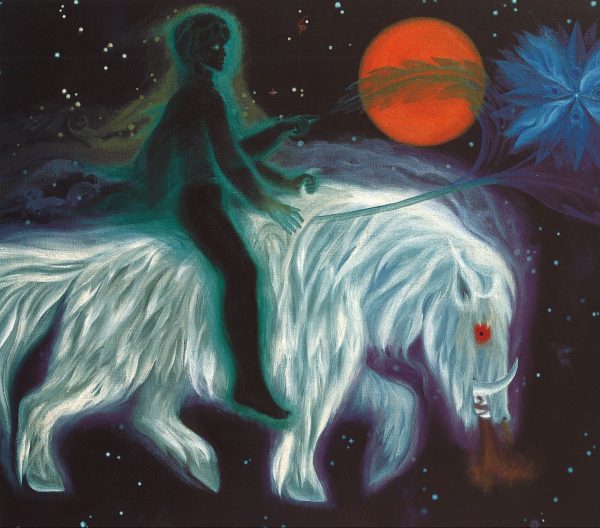The Story of Billy Joel and How He Became the “Piano Man”
Billy Joel, a beloved musician, performed at Madison Square Garden on March 26th, 2023. Billy Joel has played in Madison Square Garden many times, noting that his July concert marked his 82nd monthly and 138th lifetime show at the Garden. Billy Joel has sung 121 songs with a total record sales of 150 million. Billy Joel also has an estimated total career income of $525 million. He has a plethora of famous songs such as ‘We Didn’t Start The Fire.’
Rob Mieremet / Anefo, CC0, via Wikimedia Commons
In September 13th, 1972, when this photograph was taken, Billy Joel was one of the newest artists at Phonogram.
“Sing us a song, you’re the Piano Man.”
William Martin Joel, or more famously known as Billy Joel, is an American singer, pianist, and songwriter. He is commonly nicknamed the “Piano Man” after his signature song of the same name. Having a plethora of famed songs, he is one of the most eminent singers who still performs live to this day.
Early Life
William Martin Joel was born on May 9th, 1949 in the Bronx, New York to Howard Joel and Rosalind Nyman. His father was a classical pianist, and his mother encouraged his musical interests from a young age, enrolling him in piano lessons at the age of four. Joel was a talented musician and started playing in bands at a young age due to his mother’s insistence. During his teenage years he picked up boxing for a short period, even competing successfully on the Golden Glove circuit for a brief period, winning 22 bouts but quitting shortly after breaking his nose.
He attended Hicksville High School on Long Island until 1967 but failed to graduate. He played at a piano bar to support himself, his mother, and his sister. Due to this, he missed a crucial English exam, as the day prior he was playing a late night gig. Even though Joel was a pretty good student, he didn’t have enough credits to graduate. Instead of attending summer school to earn his missing credits, Joel decided to start a career in music, stating that, “I told them, ‘To hell with it. If I’m not going to Columbia University, I’m going to Columbia Records, and you don’t need a high school diploma over there.’”
In 1992, in lieu of taking his missing exams, he submitted essays to the school board, which accepted them, and he was able to get his diploma at Hicksville High’s annual graduation ceremony 25 years after leaving.
Career In Music
1964 – 1970
After seeing The Beatles perform on The Ed Sullivan Show, Joel decided to pursue a career in music. Billy Joel was heavily influenced by early rock and roll and rhythm and blues artists such as The Beatles, The Everly Brothers, and Elvis Presley. He joined various bands including The Echoes, who recorded covers and demos for Kama Sutra Productions and Shadow Morton. Joel played on a demo version of “Leader of the Pack” and possibly over a recording of “Remember (Walking in the Sand)” by the Shangri-Las. In 1967, he joined the Hassles, a Long Island-based group, and later formed the duo Attila with Hassles’ drummer, Jon Small. The duo disbanded in 1970 when Joel began an affair with Small’s wife, Elizabeth, whom he later married.
1970 – 1974: Cold Spring Harbor and Piano Man
In 1971, Joel signed a contract with Family Productions and recorded his first solo album, Cold Spring Harbor, which was a technical and commercial disappointment. However, the songs “She’s Got a Way” and “Everybody Loves You Now” gained popularity after being released on his live album, Songs in the Attic. Joel’s performance at the Puerto Rican Mar y Sol Pop Festival was well-received, but he refused to have it published. In 1972, he signed a recording contract with Columbia Records and moved to Los Angeles, where he once again worked at a piano bar and composed his signature hit “Piano Man.” Despite his new contract, he was still legally bound to Family Productions. Joel’s first album with Columbia, Piano Man, was released in 1973, and although it had modest sales at first, its title track became his signature song. Joel’s touring band changed over the years, and his songwriting began attracting more attention.
1974 – 1977: Streetlife Serenade and Turnstiles
In 1974, Joel recorded Streetlife Serenade with his manager Jon Troy and later his wife Elizabeth. The album received negative reviews but contained notable songs such as “The Entertainer,” “Los Angelenos,” and “Root Beer Rag.” Joel played piano and organ on several tracks for Bo Diddley’s album in late 1975. Disenchanted with Los Angeles, he returned to New York City and recorded Turnstiles in 1975, an album produced by James William Guercio. It included notable songs such as “Say Goodbye to Hollywood,” “New York State of Mind,” and “Summer, Highland Falls.”
1977 – 1979: The Stranger and 52nd Street
In the late 1970s, Columbia Records introduced Joel to Phil Ramone, who produced all of Joel’s studio albums from The Stranger to The Bridge. The former was a commercial success, yielding four Top-25 hits on the Billboard charts. Joel’s first Top Ten album, The Stranger, was certified multi-platinum and reached number two on the charts. Joel released 52nd Street in 1978, which sold over seven million copies and won Grammy awards for Best Pop Vocal Performance, Male and Album of the Year. In 1979, Joel participated in the historic Havana Jam festival in Cuba. 52nd Street was the first ever commercially released album on the then-new compact disc format in 1982.
1979 – 1983: Glass Houses and The Nylon Curtain
Joel’s next album Glass Houses, released in 1980, marked a change in style for the singer-songwriter, who sought to prove that he could rock harder than his critics had previously suggested. The album spent six weeks at number one on the Billboard chart and produced several hits, including “It’s Still Rock and Roll to Me,” which became Joel’s first number-one single. The album won a Grammy for Best Rock Vocal Performance, Male, and the American Music Award for Favorite Album, Pop/Rock category. His next release, Songs in the Attic, was a compilation of live performances of lesser-known songs from the beginning of his career, which introduced many fans to his earlier compositions.
Joel’s next studio album, The Nylon Curtain,, saw the singer-songwriter become more ambitious with his songwriting and use of the recording studio. The album’s production was temporarily delayed when Joel was involved in a serious motorcycle accident, but he quickly recovered and continued with the album’s release and tour. The album went to number seven on the charts, partially due to heavy airplay on MTV for the videos to the singles “Allentown” and “Pressure.”
1983 – 1988: An Innocent Man and The Bridge
Joel’s album An Innocent Man was a tribute to R&B and doo-wop music, and featured the hit “Tell Her About It,” which reached number one on the Billboard chart. The album was well-received by critics and included six top-30 singles. Its music video featured Christie Brinkley, who later became Joel’s second wife. Following the success of the album, Joel released Greatest Hits Vol. 1 and 2, which became one of the best-selling albums in American music history, with over 11.5 million copies sold.
Joel’s next album, The Bridge, did not achieve the same level of success as his previous albums, but featured hits such as “A Matter of Trust” and “Modern Woman” from the film Ruthless People. Joel’s Russian tour in July 1987, with his full touring band and family, was later cited as one of the first fully live rock radio broadcasts in Soviet history. The tour was filmed for television and video to offset the cost of the trip, and the concerts were simulcast on radio around the world.
1988 – 1993: Storm Front and River of Dreams
In 1988, Billy Joel lent his voice and sang the song “Why Should I Worry?” for the Disney animated movie Oliver & Company, in which he played the character Dodger. The recording of Joel’s album Storm Front also took place during this period, marking a time of significant changes in his career. Joel dismissed his manager, Frank Weber, in 1989 after an audit uncovered significant accounting discrepancies, which led to a lawsuit for US$90 million against Weber. The album, produced without Phil Ramone, marked a new direction in Joel’s music career, with a new sound and revamped backing band. Storm Front‘s second single, “I Go to Extremes,” reached No. 6 in early 1990, and the album eventually became Joel’s first No. 1 album since Glass Houses.
In 1992, Joel filed another lawsuit for $90 million against his former lawyer, Allen Grubman, but the case was later settled out of court for an undisclosed sum. That same year, Joel started work on River of Dreams, which was released in 1993 and featured hits like “The River of Dreams,” “All About Soul,” and “Lullabye (Goodnight, My Angel).” Joel wrote “The Great Wall of China” about his ex-manager, Frank Weber, and the song became a staple in his live performances. “2000 Years” was also featured prominently in the millennium concert at Madison Square Garden in December 1999, and “Famous Last Words” marked the end of Joel’s pop songwriting for more than a decade.
1994 – present: Touring
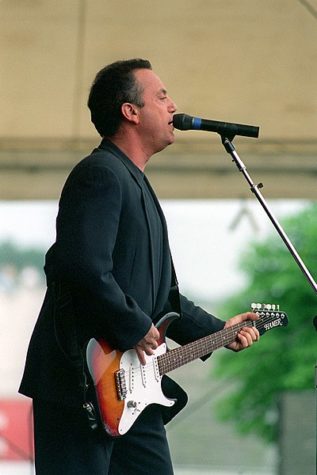
Joel toured extensively with Elton John on a series of “Face to Face” tours, becoming the longest-running and most successful concert tandem in pop music history. Joel resumed the “Face to Face” tour with John in March 2009, which continued until March 2010. Joel was inducted into the Rock ‘n Roll Hall of Fame in 1999, and he performed at New York’s Madison Square Garden on December 31, 1999. Two of his performances from that night were filmed and featured as part of ABC’s special New Year’s Y2K coverage. In 2001, Joel released Fantasies & Delusions, a collection of classical piano pieces.
In 2005, Columbia released a box set, My Lives, which was largely a compilation of demos, b-sides, live/alternative versions, and even a few Top 40 hits. On January 7, 2006, Joel began a tour across the United States , featuring a sampling of songs from throughout his career. His tour included 12 sold-out concerts over several months at Madison Square Garden in New York City, breaking a previous record set by Bruce Springsteen. The record earned Joel the first retired number (12) in the arena owned by a non-athlete, and he also had a banner raised in his honor for being the highest grossing act in the history of the Times Union Center in Albany, New York. Joel toured South Africa, Australia, and the UK as part of his 2006 tour. Billy Joel had a tremendous impact on the music industry and will be remembered as a legend.
William Martin Joel, or more famously known as Billy Joel, is an American singer, pianist, and songwriter. He is commonly nicknamed the “Piano Man” after his signature song of the same name. Having a plethora of famed songs, he is one of the most eminent singers who still performs live to this day.
Marley Lee-Kang is an Arts & Entertainment Editor for ‘The Science Survey.' Marley believes that a good journalistic piece should be able to captivate...

